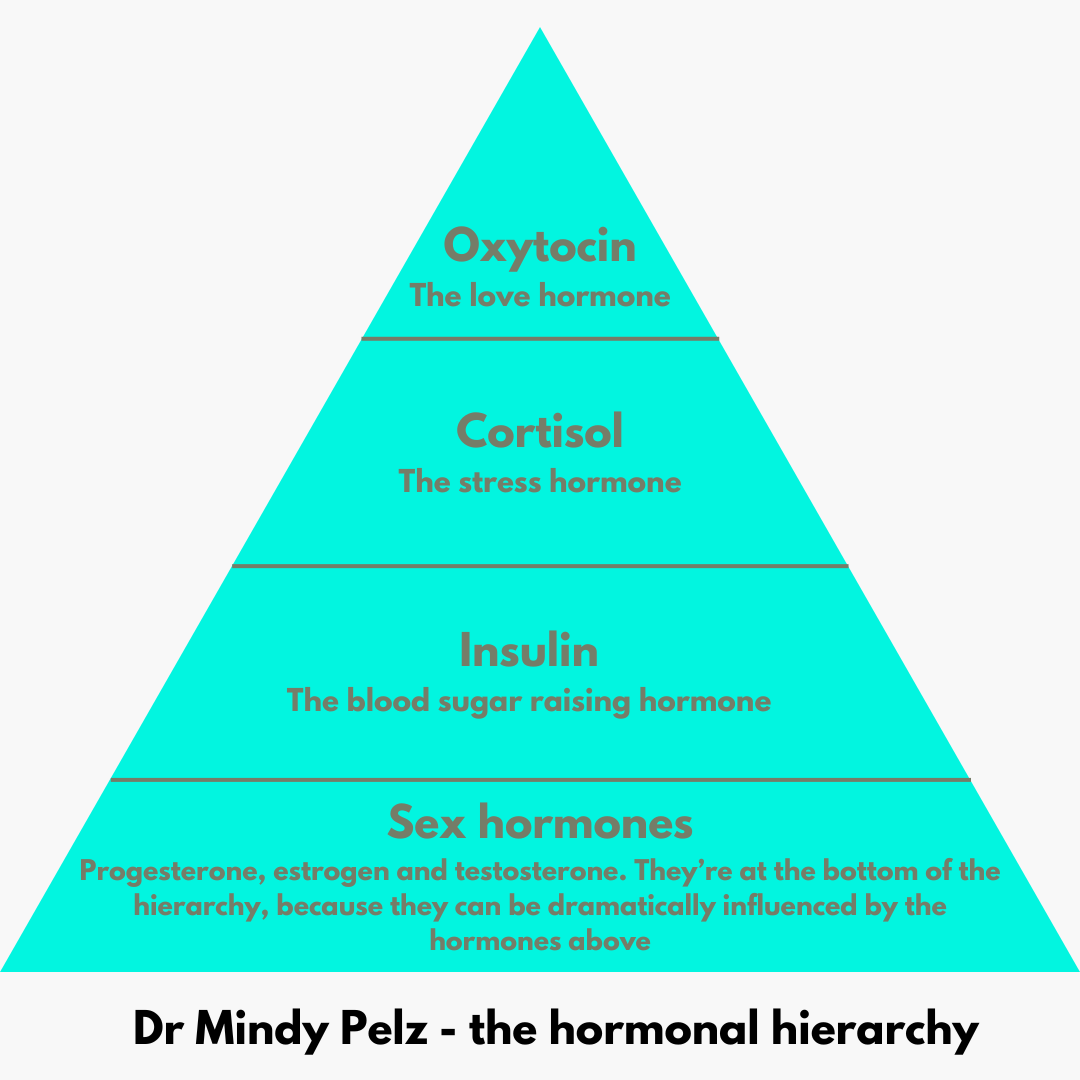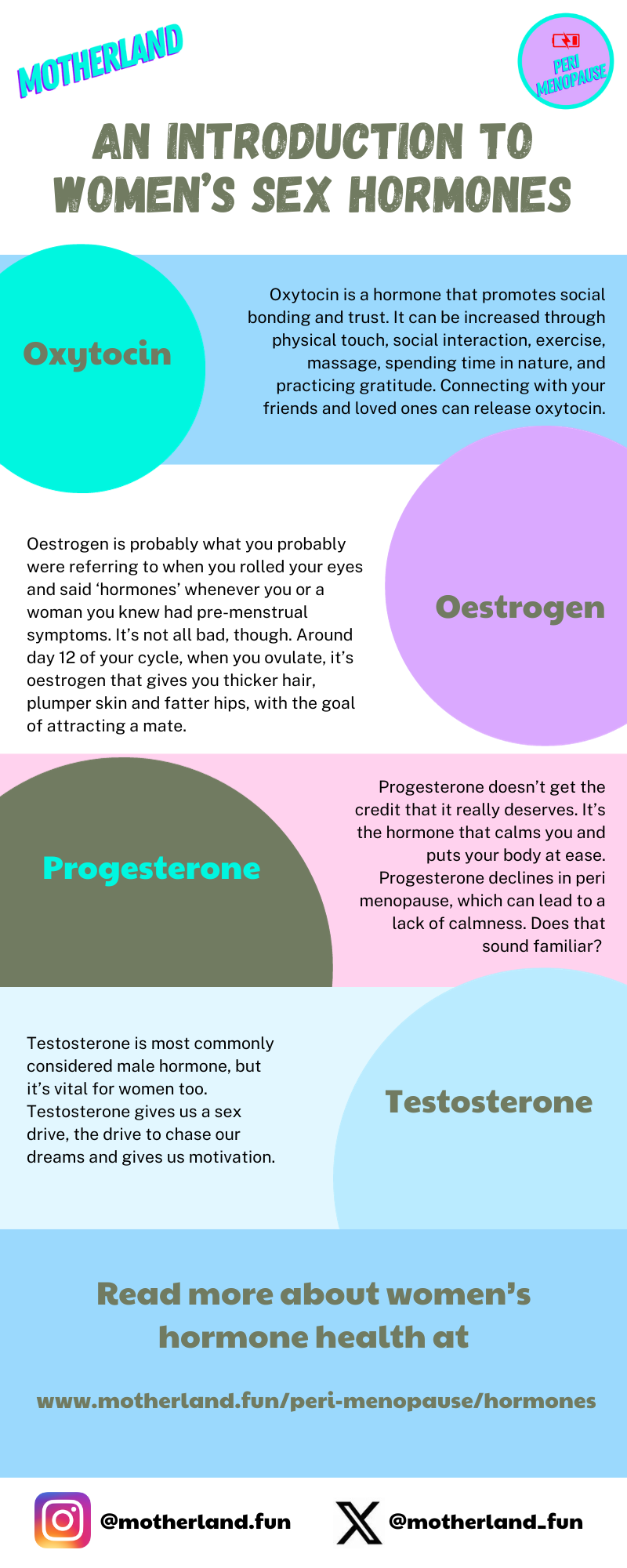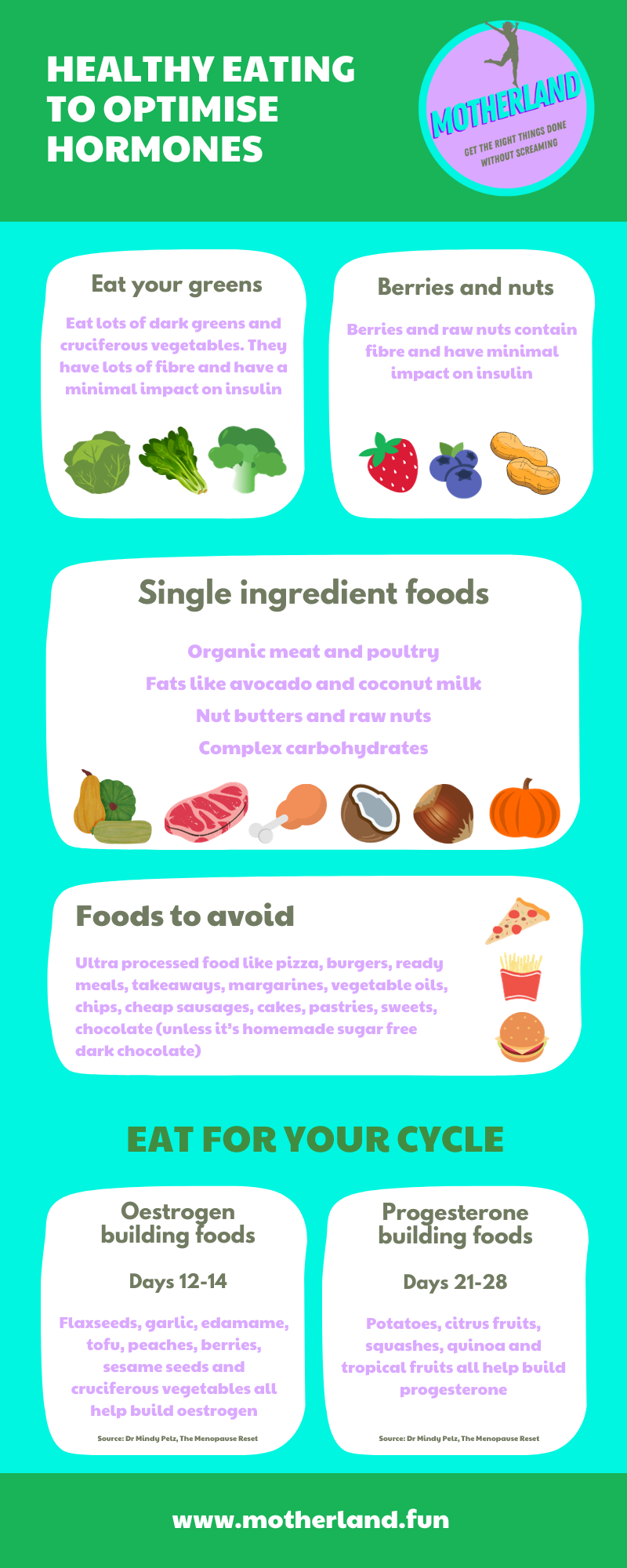Hormones
Hormones fluctuate throughout a woman’s cycle, but when you enter peri menopause, they change even more
What are hormones?
Hormones are chemical messengers released by glands into the blood and carried to organ or organs.
Hormones play an important role in maintaining a constant state within the internal environment of the body in response to changes both inside and out.
Hormones affect men and women totally differently, especially sex hormones. Men’s sex hormones fluctuate throughout
Men’s hormones fluctuate over the course of their lifetime, but women’s fluctuate throughout the course of EVERY 28-day cycle throughout their lives.
Studies and research have traditionally not been done on women, because of hormone fluctuations. This means that discoveries made on tests on men have simply been assumed to apply to women too.
This is absolutely staggering, and I really hope this changes – it has to because it’s just lunacy.
Now that hormones and especially peri menopause and menopause are becoming more widely discussed, research just absolutely has to change.


You can see in the infographic opposite that women’s sex hormones all have different functions and all of them fluctuate and affect each other in different ways throughout each of our cycles, and then in different ways again as we move into peri menopause.
Oestrogen is the headliner in women’s health and it’s normally viewed as a negative.
While oestrogen is what we can blame for mood swings in PMS, it’s also what subtley makes us more “attractive” when we ovulate (and a couple of days afterwards), to appeal to potential “mates”. It’s biology at its most basic function!
Oestrogen declines the older we get, and it’s the reduction in the production of estrogen that on its own that can give us some pretty unpleasant peri menopause symptoms, including:
Hot flushes
Vaginal dryness
Irregular periods
Mood changes
Disrupted sleep
Headaches
Progesterone comes in with a lovely big and calms us, putting our body and mind at ease.
But progesterone also decreases when you’re in peri menopause.
Some of the symptoms of low progesterone include:
Headaches
Bad moods or depression
Poor sleep quality
Because progesterone decreases in peri, it can be easier to feel down, or struggle with daily events that before peri seemed a breeze.
The reduction or absence of progesterone also means that it’s easier to get stressed, which raises cortisol (the stress hormone) and insulin, which controls your blood sugar levels.
Essentially you might have to work harder to combat and reduce stress than before you joined the peri peri club.
Testosterone is essential for women; it gives us drive and motivation, so as this decreases, it’s pretty obvious to understand that you might feel a little flatter in life.
What a shit show. Is there anything I can do about all this?
Yes!
Thank goodness, there is light at the end of the tunnel.
You can use therapy, or coaching, or set yourself goals to proactively work on improving your sleep quality, for example.
HRT will, for the most part, even out your hormones, should you wish to go down that path. It’s not for everyone and everyone’s choices are different and should be respected.
There are foods you can eat that help to build each of the hormones, but it’s important to eat these during specific times of your cycle, if you still have a cycle. If you don’t have a cycle, use the moon’s cycle as a guide, taking a New Moon as if it’s day 1 of your cycle.
First off, clean up the quality of what you eat.
It’s a big change for some all of a sudden changing everything you eat. Personally, I’m best off introducing small changes gradually, one at a time, If I do that, it’s easier for me to stick to what the end goal is, rather than changing everything all of a sudden.
If this sounds like you too, make a plan for the end goal, then work back introducing new foods and recipes day by day and week by week.
In general, foods to aim for include:
Organic and/or grass fed meat and poultry, because it'll be higher in Omega 3 fatty acids (great for heart and brain health and reducing inflammation) and Omega 6 (great for reducing cholesterol and maintaining bone health)
If you eat fish, check where and how it was caught. Fish like swordfish and tuna can be high in mercury, so it's advisable to eat it a couple of times a week max
Lots of vegetables; most vegetables won't raise your insulin nearly as much as simple carbs like bread, rice and cakes
Healthy fats like avocado, coconut, seeds, raw nuts and nut butters are great to incorporate into your diet
Ultra processed foods like takeaways and ready meals can be seriously bad for your health, so if you eat these, this could be one of the first changes you make to your diet.
Here are some of the ways in which these foods are so bad for you:
They include pretty high levels of ingredients that can be dangerous when eaten in excess, like salt and saturated fats. Because everything is prepared already, you have no control over the amounts in the meal
They contain additives and preservatives and all sorts of things like stabilisers and bulking agents that provide zero nutritional value
There are negligible amounts of fibre, vitamins and minerals in pre-prepped foods
They contain more calories than if the components within the meal were prepped and eaten as individual ingredients

What the Motherlanders say
“Sarah is a breath of fresh air and she provides a non-judgemental space for you to self develop (but with her fab expertise on hand!).“
“Sarah’s a brilliant coach, so helpful & enthusiastic. Really builds you up and gives you the courage to live the life you want.”
“My reiki session with Sarah was so relaxing and I saw some colours during my treatment, which was fascinating. I came away from the treatment feeling calm but also energised. Sarah was relaxed yet professional and I wouldn’t hesitate using her again for future reiki treatments.”
Ready to Make a Change?
Book your free coaching call, to help you discover how to start living your best life without screaming
